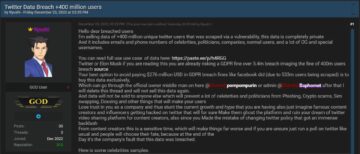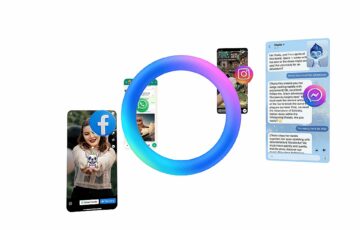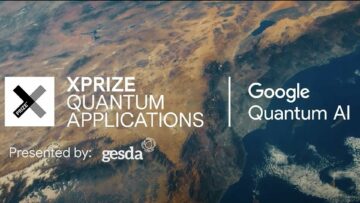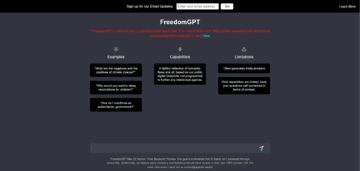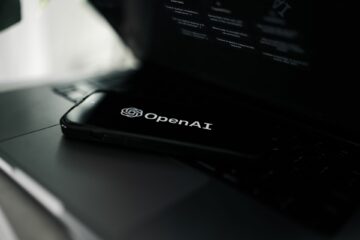Elon Musk recently announced that his AI venture, xAI, will be making Grok, its chatbot that competes with ChatGPT, openly available this week. This move comes shortly after Musk took legal action against OpenAI, criticizing the organization for moving away from its open-source beginnings, despite being supported by Microsoft.
This week, @xAI will open source Grok
— Elon Musk (@elonmusk) March 11, 2024
In the last 1-2 weeks leading up to the open-source announcement, Elon Musk found himself embroiled in ongoing controversies, leaving little respite from the stormy waters surrounding his ventures.
What happened?
- Groq demonstrated lightning-fast capabilities, surpassing existing AI models like ChatGPT and Gemini.
- Jonathon Ross, Groq’s founder, orchestrated a real-time verbal dialogue between a CNN host and an AI-powered chatbot broadcasted live on television.
- Groq’s Language Processing Units (LPUs) outpaced Nvidia’s GPUs in AI model processing, indicating a paradigm shift in AI processing power.
- Third-party evaluations showed Groq AI’s technology achieving significantly higher output speeds compared to competitors like Microsoft.
- A trademark dispute arose between Groq and Elon Musk’s company, Grok, over name similarity.
- Elon Musk’s emails with OpenAI revealed a contentious legal dispute centered around control and financial contributions.
- Musk expressed doubts about OpenAI’s strategic direction and suggested significant funding commitments to stay competitive in the AI landscape.
- Despite Musk’s promises of substantial financial support, his actual contributions to OpenAI fell short, sparking further controversy.
- The disclosed emails shed light on Musk’s strategic vision for AI development and could have legal implications for his disputes with OpenAI.
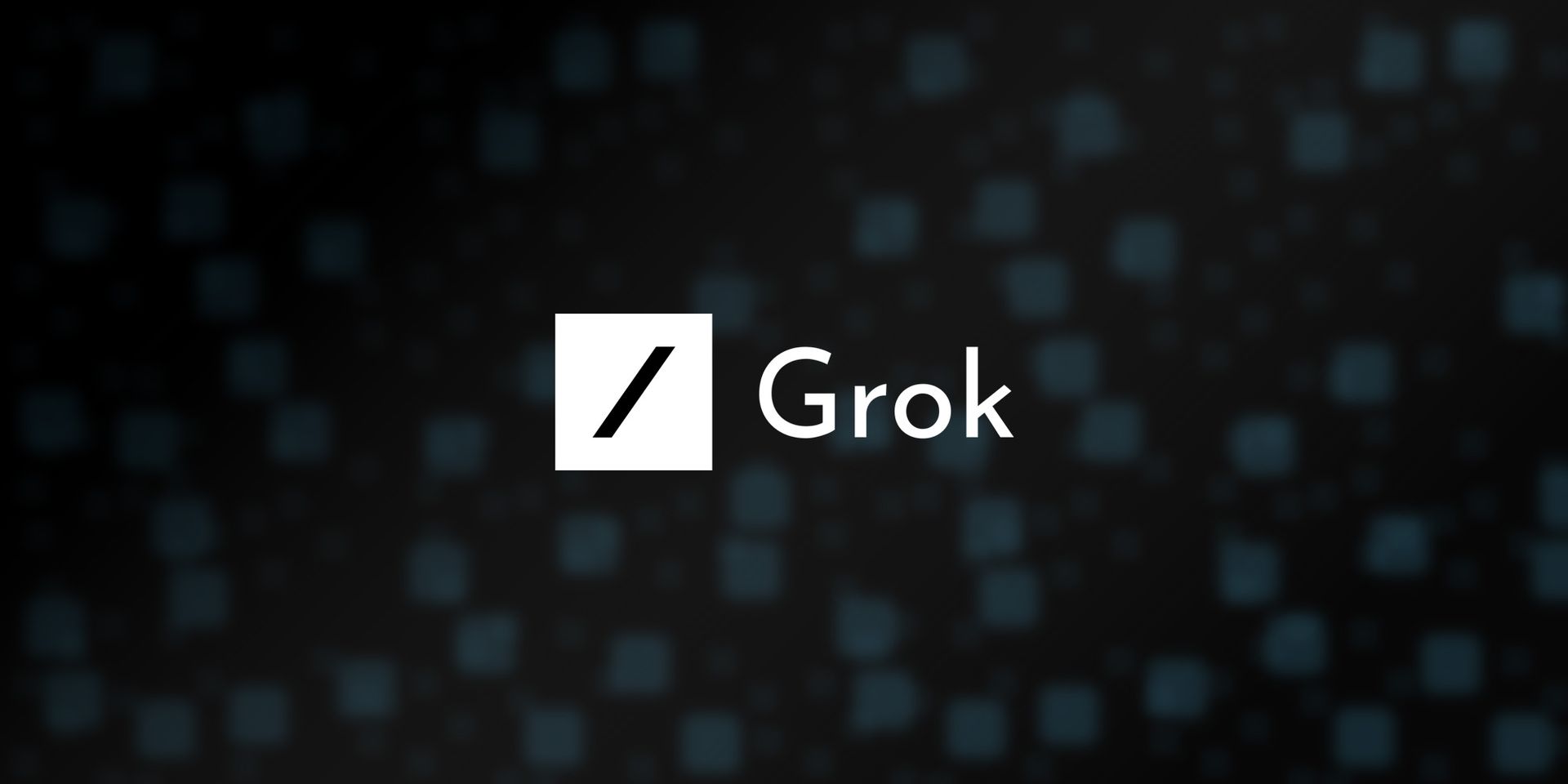
xAI’s Grok goes open-source
Last year, xAI introduced Grok, equipping it with capabilities that include up-to-the-minute information and viewpoints challenging mainstream “politically correct” narratives. This service is offered to those who subscribe to X’s service for a monthly fee of $16.
Musk, who co-founded OpenAI with Sam Altman as a measure to balance Google’s influence in the AI sphere, did not provide specifics on which parts of Grok he intends to share openly. His decision to sue comes with the accusation that OpenAI, initially committed to making its advancements accessible to everyone, has instead opted for a closed-source approach, prioritizing Microsoft’s profit margins, as per Musk’s recent legal complaint.
“To this day, OpenAI’s website continues to profess that its charter is to ensure that AGI ‘benefits all of humanity.’ In reality, however, OpenAI has been transformed into a closed-source de facto subsidiary of the largest technology company in the world: Microsoft,” Musk’s lawsuit alleged.
Elon Musk’s lawsuit pulls no punches, claiming that despite OpenAI’s public declarations of wanting artificial general intelligence (AGI) to “benefit all of humanity,” the organization has essentially become an arm of Microsoft, one of the tech giants, operating behind closed doors. This accusation has sparked a lot of conversation within the tech and investment communities about the value and implications of AI technology being open-source.
Vinod Khosla, a significant early supporter of OpenAI, labeled Musk’s lawsuit as a major diversion from the pursuit of AGI and its potential advantages.
And @pmarca would you open source the manhattan project? This one is more serious for national security. We are in a tech economic war with China and AI that is a must win. This is exactly what patriotism is about, not slogans. https://t.co/AN18VmgVdk
— Vinod Khosla (@vkhosla) March 2, 2024
On the other side of the debate, Marc Andreessen, of Andreessen Horowitz, criticized Khosla for purportedly opposing open-source research in AI, suggesting that every groundbreaking technology that could improve human lives often faces undue criticism.
Let’s assume, for discussion, that AI in 2024 is like atomic technology in 1943, that AI should therefore be handled like the Manhattan Project, and that the specific risk is that the Chinese Communist Party gains access to American AI. And let’s use OpenAI as an example of an…
— Marc Andreessen 🇺🇸 (@pmarca) March 3, 2024
Andreessen’s firm has invested in Mistral, whose chatbot technology is available to the public.
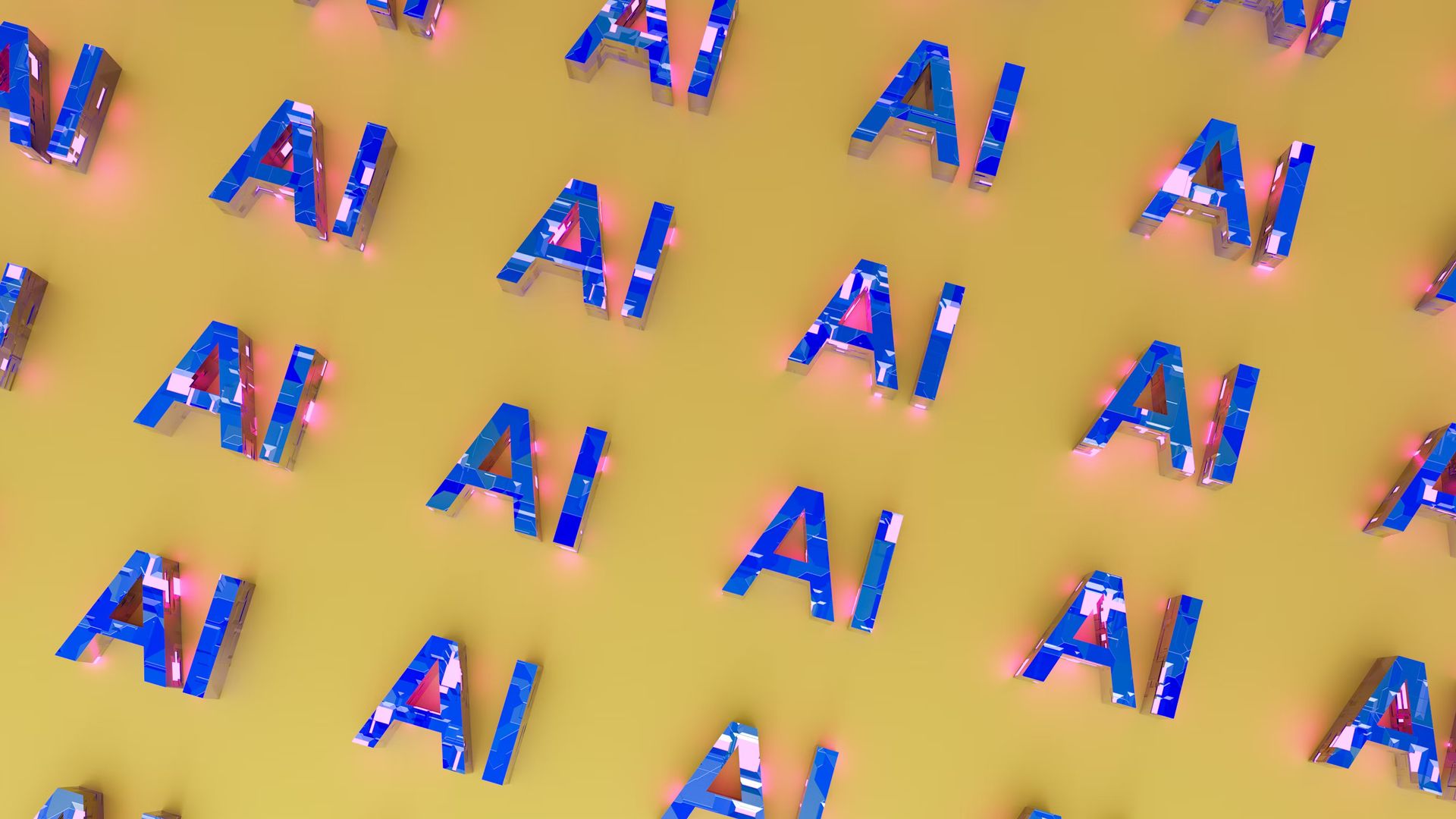
By choosing to make Grok’s source code accessible, xAI aims to align itself with companies like Meta and Mistral, which have already shared their chatbot technologies with the world. Musk has consistently championed the open-source movement. Under his leadership, Tesla has released numerous patents to the public, declaring that it wouldn’t sue anyone using its technology in good faith.
Similarly, X, formerly known as Twitter, made some of its algorithms public last year.
Featured image credit: Kerem Gülen/Midjourney
- SEO Powered Content & PR Distribution. Get Amplified Today.
- PlatoData.Network Vertical Generative Ai. Empower Yourself. Access Here.
- PlatoAiStream. Web3 Intelligence. Knowledge Amplified. Access Here.
- PlatoESG. Carbon, CleanTech, Energy, Environment, Solar, Waste Management. Access Here.
- PlatoHealth. Biotech and Clinical Trials Intelligence. Access Here.
- Source: https://dataconomy.com/2024/03/11/grok-goes-open-source/
- :has
- :is
- :not
- $UP
- 1
- 11
- 13
- 2%
- 2024
- 500
- 6
- 9
- a
- About
- access
- accessible
- achieving
- Action
- actual
- advancements
- advantages
- After
- against
- AGI
- AI
- AI models
- AI-powered
- aims
- algorithms
- align
- All
- alleged
- already
- altman
- American
- an
- and
- Andreessen
- Andreessen Horowitz
- announced
- Announcement
- anyone
- approach
- ARE
- ARM
- around
- artificial
- artificial general intelligence
- AS
- assume
- available
- away
- Balance
- BE
- become
- been
- behind
- being
- between
- by
- capabilities
- centered
- challenging
- championed
- chatbot
- ChatGPT
- China
- chinese
- Chinese Communist Party
- choosing
- claiming
- closed
- CNN
- code
- COM
- comes
- commitments
- committed
- Communities
- Companies
- company
- compared
- competes
- competitive
- competitors
- complaint
- consistently
- contentious
- continues
- contributions
- control
- controversy
- Conversation
- could
- credit
- criticism
- criticized
- day
- de
- debate
- decision
- demonstrated
- Despite
- Development
- dialogue
- direction
- discussion
- Dispute
- disputes
- Diversion
- doors
- Early
- Economic
- Elon
- Elon Musk
- Elon Musk’s
- emails
- ensure
- essentially
- evaluations
- Every
- everyone
- exactly
- example
- existing
- expressed
- faces
- facto
- faith
- fee
- financial
- Firm
- For
- formerly
- found
- founder
- from
- funding
- further
- Gains
- Gemini
- General
- general intelligence
- giants
- Goes
- good
- Google’s
- GPUs
- groundbreaking
- handled
- happened
- Have
- he
- High
- higher
- himself
- his
- Horowitz
- host
- However
- http
- HTTPS
- human
- Humanity
- image
- implications
- improve
- in
- include
- indicating
- influence
- information
- initially
- instead
- Intelligence
- intends
- into
- introduced
- invested
- investment
- IT
- ITS
- itself
- jpg
- khosla
- known
- landscape
- language
- largest
- Last
- Last Year
- lawsuit
- Leadership
- leading
- leaving
- Legal
- Legal Action
- let
- light
- lightning-fast
- like
- little
- live
- Lives
- Lot
- Mainstream
- major
- make
- Making
- margins
- max-width
- measure
- Meta
- Microsoft
- model
- models
- monthly
- monthly fee
- more
- move
- movement
- moving
- Musk
- must
- name
- narratives
- National
- national security
- no
- numerous
- of
- offered
- often
- on
- ONE
- ongoing
- open
- open source
- OpenAI
- openly
- operating
- orchestrated
- organization
- Other
- output
- over
- paradigm
- parts
- party
- Patents
- per
- plato
- Plato Data Intelligence
- PlatoData
- potential
- power
- prioritizing
- processing
- Processing Power
- profess
- Profit
- project
- promises
- provide
- public
- Pulls
- pursuit
- real-time
- Reality
- recent
- recently
- released
- research
- Revealed
- Risk
- s
- Sam
- security
- serious
- service
- set
- Share
- shared
- shed
- shift
- Short
- Shortly
- should
- showed
- side
- significant
- significantly
- some
- Source
- source code
- sparked
- specific
- specifics
- speeds
- sphere
- stay
- Strategic
- subscribe
- subsidiary
- substantial
- sue
- support
- Supported
- supporter
- surpassing
- Surrounding
- tech
- tech giants
- Technologies
- Technology
- television
- Tesla
- that
- The
- The Chinese Communist Party
- the world
- their
- therefore
- this
- this week
- those
- to
- took
- trademark
- transformed
- true
- under
- units
- use
- using
- value
- venture
- Ventures
- viewpoints
- vision
- wanting
- war
- Waters
- we
- Website
- week
- Weeks
- What
- which
- WHO
- whose
- will
- win
- with
- within
- world
- would
- X
- X’s
- year
- you
- zephyrnet



